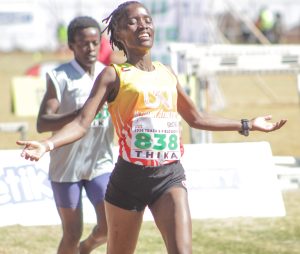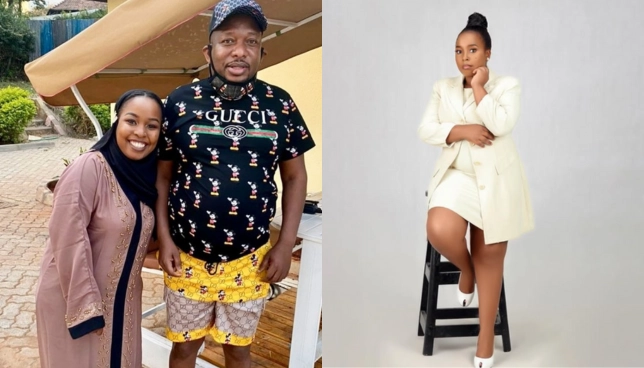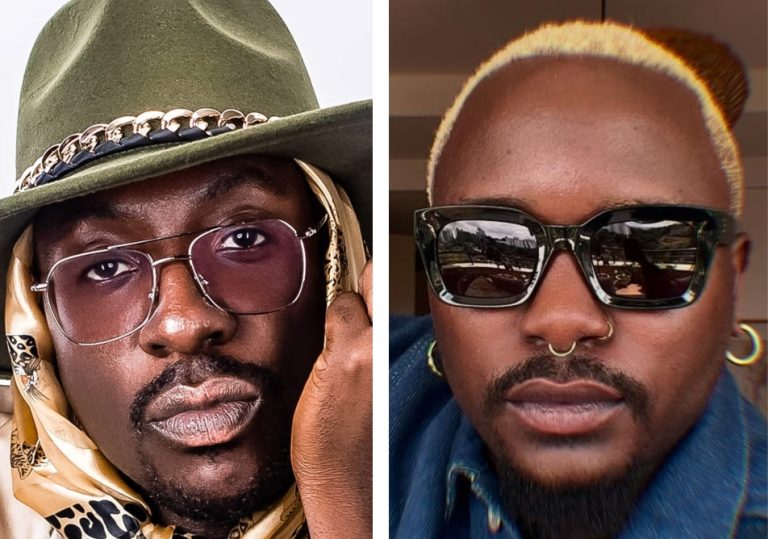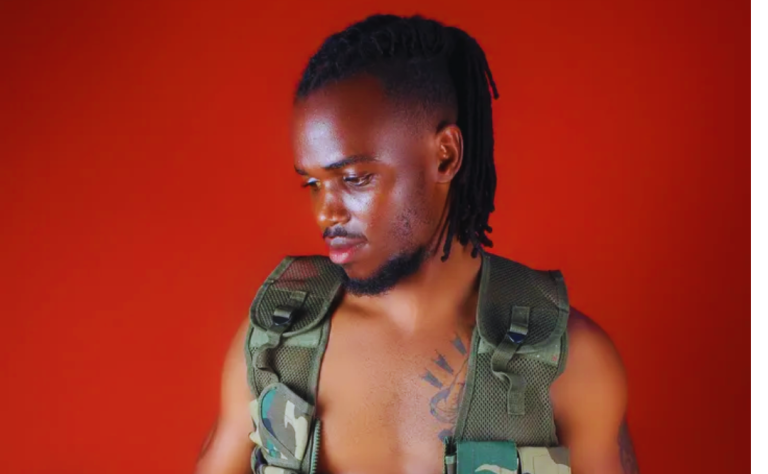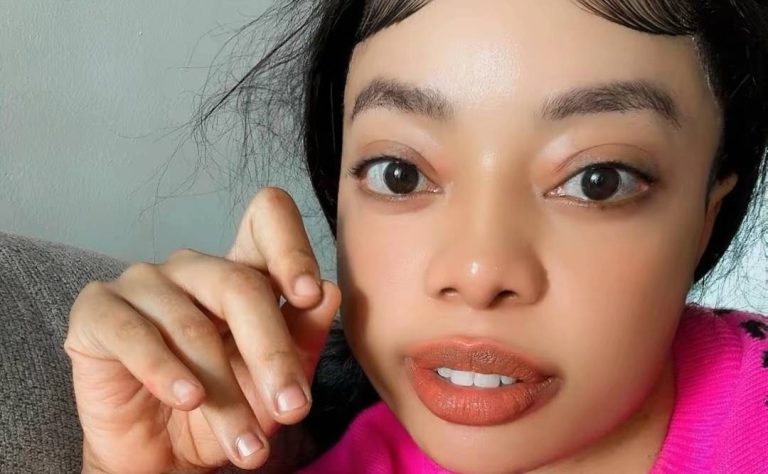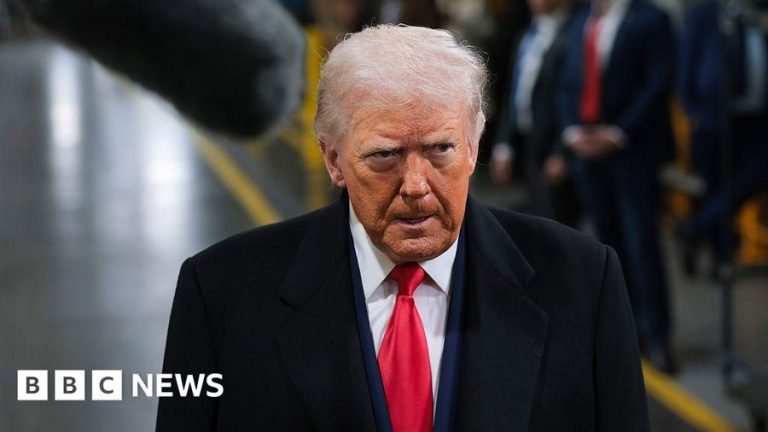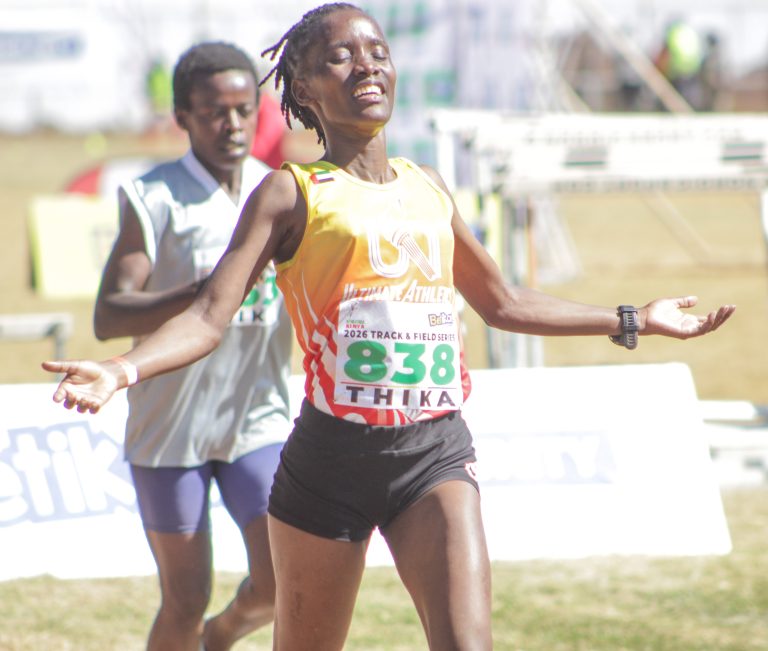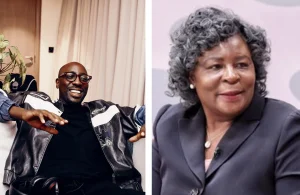Sonko made the revelation during the emotional burial ceremony of former journalist Kimani Mbugua in Maragua, Murang’a County, where he opened up about mental health awareness and the challenges faced by those living with mental illness.
“The rich also cry, we also suffer in silence. To show Kimani Mbugua, Conjestina Achieng, and others that this disease of bipolar and mental illness comes from God, my own daughter Saumu Mbuvi is suffering from the same condition,” Sonko revealed, sparking widespread online discussion.
He further disclosed that he had once taken his daughter to Mama Amina’s rehabilitation centre in Mombasa, where she reportedly received treatment alongside Mbugua and former boxing champion Conjestina Achieng.
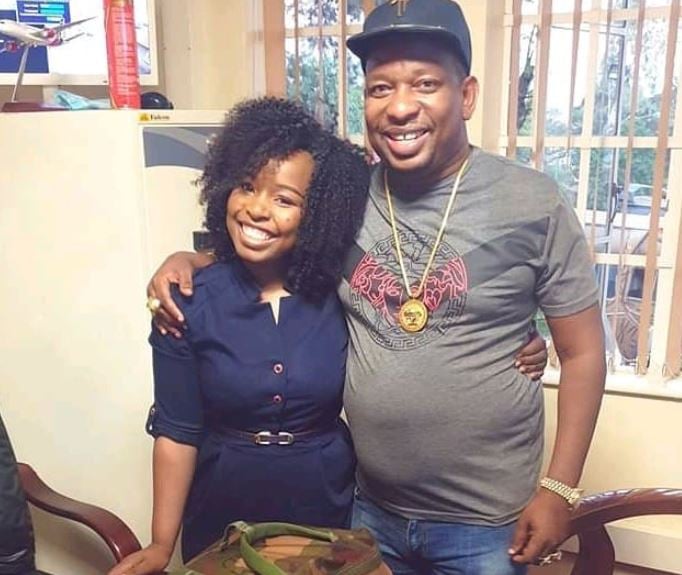
“It’s not that I didn’t have money to treat my daughter in the US or London; mimi napenda kulia na maskini sana. I took my own daughter kwa Mama Amina akatibiwa pamoja na Kimani na Conjestina,” Sonko explained, noting that he wanted other patients to feel equal and not abandoned.
However, Sonko’s remarks ignited a wave of mixed reactions online, with many questioning whether it was appropriate for him to share such personal information without Saumu’s consent.
In response, Saumu Mbuvi released an emotional statement addressing the situation and clarifying misconceptions surrounding her mental health journey.
“Lately, so much has been said about me—things that cut deeply, especially because they came from people I love. I’ve been called names, judged, and misunderstood by many who never stopped to ask what I was truly going through,” Saumu wrote.
She confirmed that she has been living with bipolar disorder, a condition that has profoundly tested her resilience. However, she strongly denied claims of drug addiction or substance abuse.

“Yes, I’ve battled bipolar disorder, a condition that has tested me in ways words can hardly explain. But what I have never battled is drug addiction. I was never in rehab for that. I sought help for my mental health, not because I was lost in addiction, but because I was fighting to find myself again.”
In her heartfelt message, Saumu expressed pain over being shamed for seeking healing, especially by those closest to her. Yet, she chose to respond with forgiveness and grace.
“It hurts to be shamed for trying to heal. It hurts even more when that shame comes from your own blood. But I’ve learned that pain can be sacred—it awakens strength you didn’t know you had.”
Encouraging others struggling with mental health, she reminded them that they are not broken and deserve understanding, compassion, and love.
“To anyone who has ever been mocked for their mental health journey or judged for needing help: please know, you are not broken. You are human. You are worthy of understanding and love. I may be bruised, but I am not destroyed.”

She concluded her statement with a message of hope and resilience:
“Even through tears, I choose grace over bitterness, and truth over silence. My story isn’t one of shame; it’s one of survival, courage, and faith. And I know that, with time, God will turn even this pain into purpose. It’s okay not to be okay.” ❤️
Saumu’s candid response has since resonated widely, sparking renewed conversations about mental health awareness, privacy, and family boundaries in Kenya’s public discourse.
By Dennis milimo



